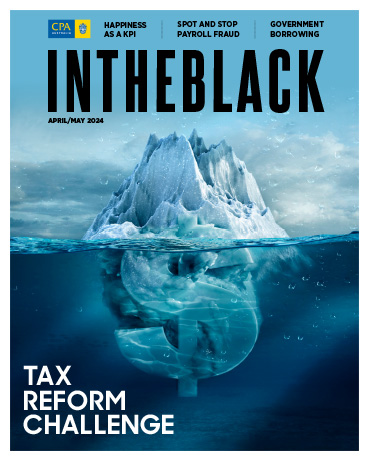Loading...

Eva Tsahuridu
Eva formerly managed CPA Australia’s accounting policy team and looked after the ethics, professional standards and governance policy portfolio. She is currently an Industry Fellow at the School of Accounting at RMIT University.
